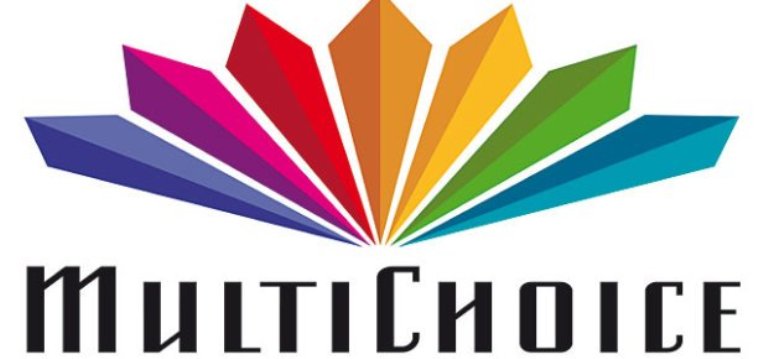In another step towards moving away from cheques as a means of settling transactions, the banking institutions under the Automated Clearinghouse of Uganda have decided to reduce the value limits of cheques to be handled by the clearinghouse.
A clearinghouse is an intermediary or middleman arrangement that facilitates the finalisation of a transaction that involved a check or credit or debit card and therefore validate the transactions. The responsibilities of a clearinghouse include finalizing trades, settling trading accounts, collecting margin payments, regulating delivery of the assets to their new owners, and reporting trading data.
In acting as a middleman, the clearinghouse provides the security and efficiency that is integral to stability in a financial market.
Currently, for a cheque to be handled by the clearinghouse, it must not exceed 20 million Shillings if it is a Uganda Shilling cheque, or it’s equivalent if the cheque is in another currency. This value limit has now been reduced by half, and these changes will take effect July 17, 2022, when the clearinghouse will no longer accept to handle checks of value beyond 10 million Shillings.
The Dollar cheque new limit will be 2,750, while the Euro’s new limit is 2,250. The bankers have also limited the value of the British Pound to 2,200 and the Kenyan currency at Kshs 300,000. Implementation of this move will last six months, the cheque stale period under the laws.
The notice to the member banks was issued after the Uganda Bankers Association did not object to the changes, which are in line with the Uganda Clearinghouse Rules and Procedures.
The rule states: The Clearing House Committee shall, with the approval of UBA and BOU, review the cheque value limits and currencies to be exchanged in the Clearing House from time to time and issue a circular to the Participants communicating the revised cheque value limits and currencies to be exchanged in the Clearing House.
Why the reductions in value limits?
The banking industry in Uganda has been devising ways of shifting the economy away from physical cash or paper instruments like cash to electronic or digital money. As a result, the use of cheques has also declined over time. And with the fall in demand for the cheques, the bankers are taking advantage to squeeze them further out of use by limiting the value that a ClearingHouse should handle.
“It’s a good move so we can encourage customers to go digital they can make payments online and transfer high values in an instant,” says Catherine Adengo, the Head of Sustainability and former Head Corporate Affairs Manager at Stanbic Bank Uganda.
She explains that cheques usage worldwide is becoming obsolete as digitisation takes root and that this move is simply to encourage customers to move with the times and go more digital. On whether it’s forcing the customer or limiting the payment options available, she says the option remains.
“The bank will still accept the cheque, so it’s fine and it will clear. But when a customer thinks about paying 20 million Shillings, he will realise he can do it online at once and probably opt for that.”
Patricia Amito, UBA Head Corporate Affairs says agrees, saying that the steady decline in the use of checks and increased uptake of digital transactions is what informed the review.
“If fewer and fewer customers are opting to use cheques to make payments or transfer funds, we discuss with the central bank on this trend and agree on what needs to be reviewed,” she says, adding that they will use the six months to sensitise the public on the digital trends, but will also cater for those using cheques.
“There is going to be education and awareness that will happen to help customers more to use digital channels but also for those who opt for cheques will be supported to understand what is required of them,” she says. The move also will reduce the risks associated with cheques, including bouncing and forgery.





Let me hope that will be easier for the local people.
People who doesn’t know writing .
To those who doesn’t know reading